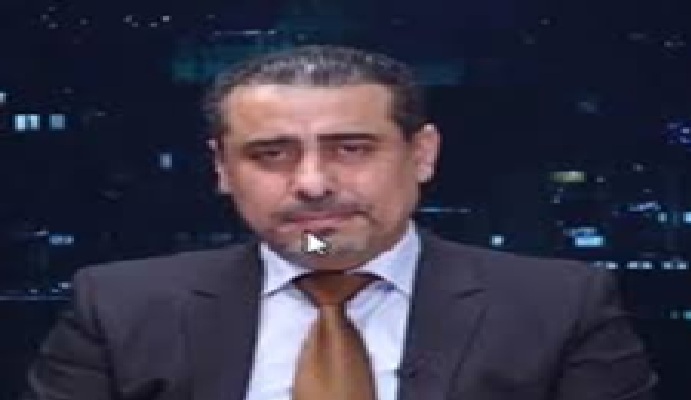
Afrasianet - Dr. Hisham Okal - Professor of Crisis Management and International Relations - While Trump claims he can end the Russian-Ukrainian war in 24 hours, reality reveals that instead of extinguishing fires, he is setting them up. Israel's attack on Tehran, despite a show of force, did not weaken Iran as hoped, but rather opened a new arena for open-ended conflict.Strikes continue to fall on Haifa, Tel Aviv and major cities, directly targeting facilities that are part of the backbone of Israeli industries.
Iran, which has neither Israel's defense arsenal nor declared nuclear cover, has been able to Imposing a new deterrence equation entitled: Breaking wills, not achieving quick victory.Here we raise a very important question:
Is Israel still thinking of using the leadership stick in the region after the absence of a major regional role in the Arab and Islamic world?
It's no longer realistic. On the other hand, are the Iranian strikes indiscriminate or exhibitionist, but directed at sites with direct impact aimed at dismantling the sense of security within the Israeli street?
Each strike was calculated politically and psychologically before it was military. Iran understands that breaking the image of superiority is more important than the scale of destruction.In this turbulent context, all eyes are on the major powers, specifically the United States and Russia.
Both sides are likely to intervene in drawing up a new truce not only to contain the escalation. But the big question remains: since Iran had originally intended to enter the fifth round of negotiations, what was the justification for this strike? Or is Trump trying to export a domestic U.S. crisis abroad?
Talk of giving Tehran 60 days as a window of negotiation does not hold up politically, especially since Trump's record is full of promises made that he did not keep.
In politics, those who negotiate are not rewarded with bombing, and negotiations are not managed with cruise missiles.Netanyahu addressed the Iranian people that was supported by the media, in an attempt to invest in external opposition, especially in Ahvaz. Iran's institutions, from the IRGC and the Shura Council to the Expediency Council, remain strong and cohesive, and do not change easily under any external instigation.
On the other hand, Israel's possession of accurate intelligence on Iranian leaders is a major challenge, as it reflects the fragility of the intelligence structure and reveals the difficulty and curse of Iranian geography, which allows easy infiltration in some areas, which puts Iran in a permanent defensive position and constitutes a major weakness for the Guards. Here a dangerous paradox emerges: both sides have strategic weaknesses.
Israel is indecisive despite its technological superiority, and Iran is facing an intelligence breach that threatens its internal security. How will this equation be managed?
Will this fragile balance lead it to a political settlement?
On the other hand, there is a bold question that must be asked:
Does Trump really want to topple the Iranian regime?
Or does he seek to drag it into negotiations as a strong, cohesive system regardless of its nature? Does the U.S. strategy aim at regime change or taming it?
Why has Tehran not yet used the Russian S-300 and S-400 air defense systems to repel Israeli strikes?
Is this a tactical decision? Or is there an undeclared agreement with Moscow not to direct these missiles at Israeli targets?
Is there a more serious central question that arises:
The answer is yes, but on very precise terms.Tehran may see that a deliberate and targeted preemptive strike gives it a strong negotiating card through which it tells the world: Israel started the war but Iran ended it.
The real purpose of such a strike is not only military but also political par excellence to return to the negotiating table from the position of actor rather than effect, and from a position that enshrines Iran as a key regional player that cannot be bypassed.
Iran has the decision to start and end, not just the decision to respond.Thus, the conflict is no longer just a bloody race over who kills the most, but on who has the right to draw the end.
A sharp angle that leaves us with the question
Israel is only an American arm and America does not mind igniting the East as long as its hand remains away from the fire. The result: Tehran is under bombardment, Gaza is under siege, the whole region is on the brink of collapse, and Israel cannot destroy the nuclear knowledge Iran has accumulated until Netanyahu decides how to get out.
From this quagmire, the Middle East will remain a prisoner of war whose courage and no one has the honor to conclude.

